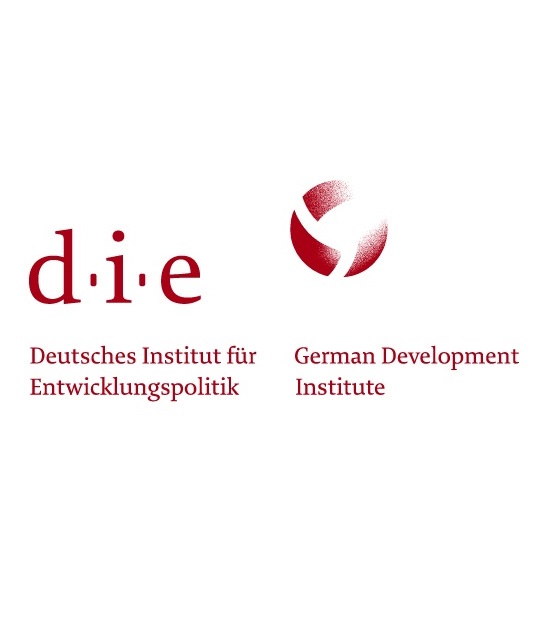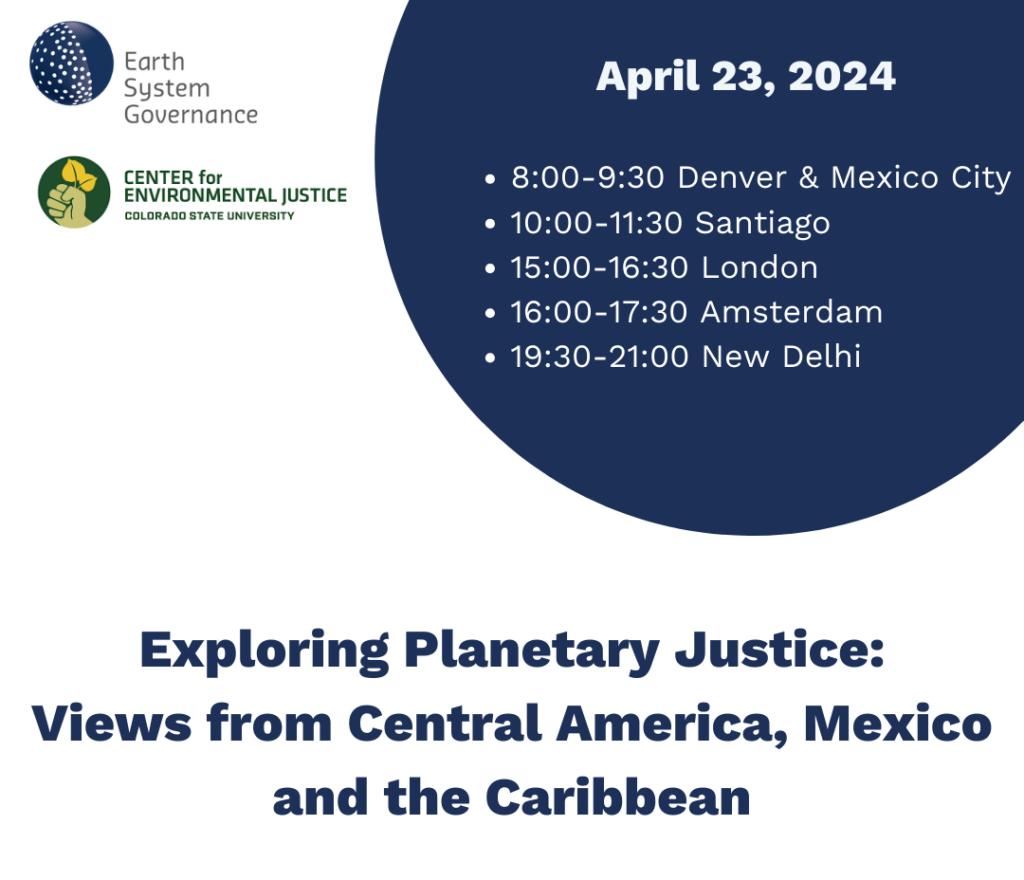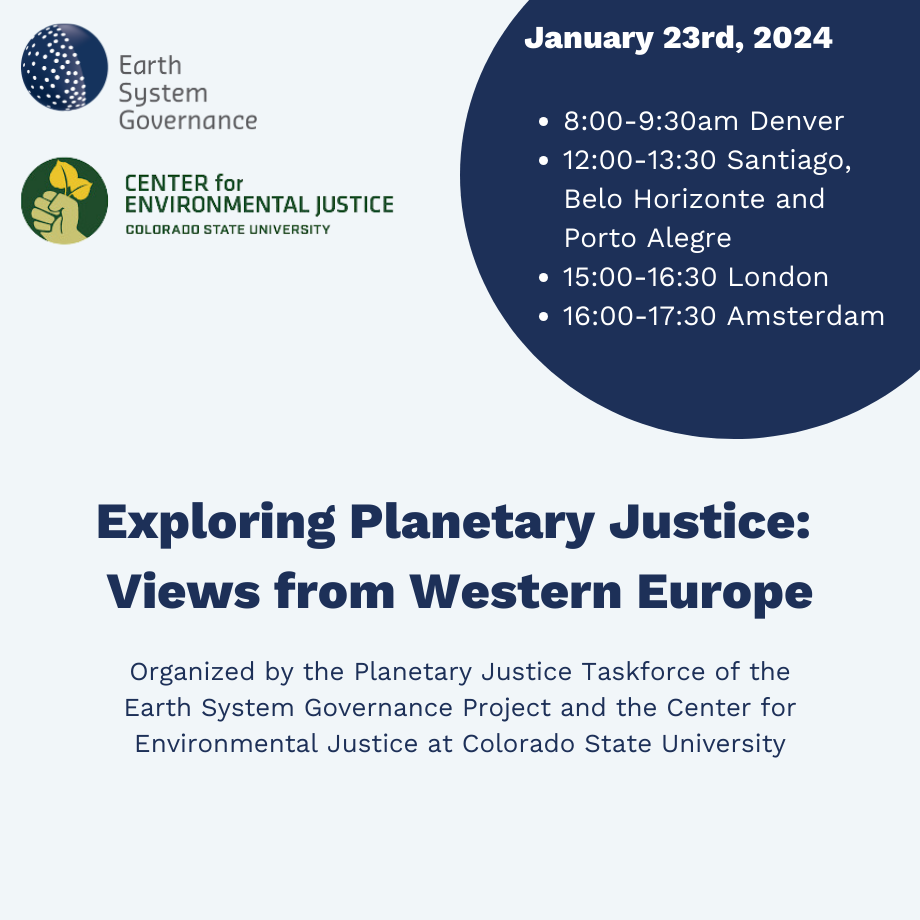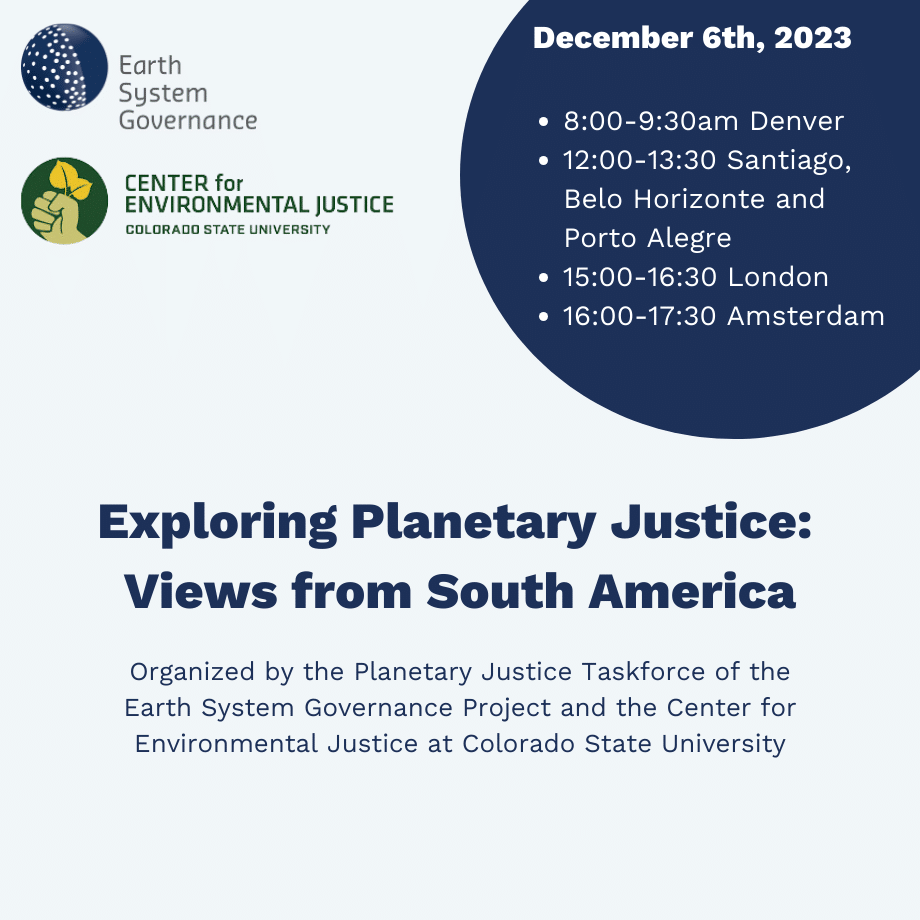Workshop organised by our Research Center Bonn – the German Development Institute / Deutsches Institut für Entwicklungspolitik (DIE)
— by invitation only —
Global Climate Action Beyond 2020 explores the role of non-state and subnational actors and initiatives between them in post-2020 climate governance. Efforts by such actors are crucial to demonstrating a multiplicity of solutions and to accelerate low-carbon and climate resilient transitions. This is especially urgent as current governmental actions fall far short of achieving the Paris climate agreement and to keeping global warming well below 2°C or 1.5°C. Non-state and subnational actors, such as businesses, investors, civil society organizations, cities and regions, have the potential to significantly further narrow the global mitigation gap, as well as contribute to non-mitigation aspects of climate change, including adaptation and building climate resilience.
The enormous potential by non-state and subnational actors has been recognized as part of the so-called agenda on ‘Pre-2020 Ambition and Implementation’ under the 2015 Paris COP decision accompanying the Paris Agreement. The ensuing action agenda, also known as the Marrakesh Partnership for Global Climate Agenda, will finalize in 2020. However, after 2020 non-state and subnational action will remain crucially important.
As governments prepare to formulate a post-2020 action agenda for non-state and subnational action, Global Climate Action Beyond 2020 serves three purposes. First, it will take stock of progress made and lessons learnt under current efforts to mobilize and strengthen non-state and subnational contributions. Second, it aims to set priorities, and to put forward concrete proposals for a post-2020 action agenda. Third, it seeks to understand the needs of South-based stakeholders ensuring an agenda that is responsive to needs in the global South.



